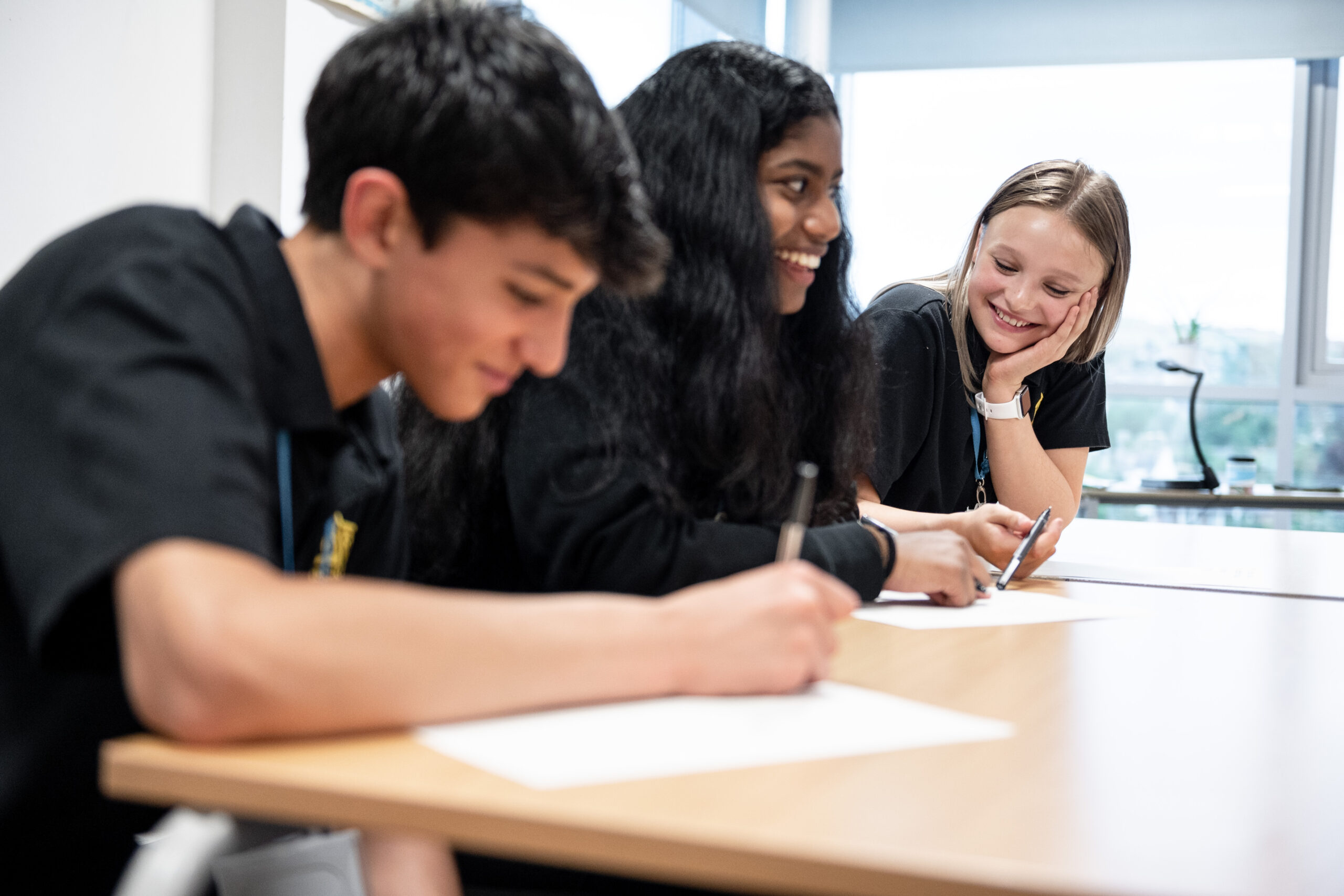PSHCE education can help schools to reduce or remove many of the barriers to learning experienced by pupils, significantly improving their capacity to learn and achieve.

PSHCE education contributes to personal development by helping pupils to build their confidence, resilience and self-esteem, and to identify and manage risk, make informed choices and understand what influences their decisions. It enables them to recognise, accept and shape their identities, to understand and accommodate difference and change, to manage emotions and to communicate constructively in a variety of settings. Developing an understanding of themselves, empathy and the ability to work with others will help pupils to form and maintain good relationships, develop the essential skills for future employability and better enjoy and manage their lives.
Curriculum Overview
| Year | Cycle 1 | Cycle 2 | Cycle 3 |
|---|---|---|---|
| Year 7 | Living in the wider world: Careers – Beckfoot transition, careers in English, Maths, Science, Creative Arts, Humanities , PE and Languages. | Health and wellbeing: Mental health – Defining mental health, change, diet and exercise, internal and external factors affecting self esteem and confidence, online safety, followed by an end of term assessment on mental health and wellbeing. | Relationships – Empathy, defining peer pressure, laws on consent, defining respect, types of bulling, digital citizenship, rights and responsibilities – followed by an end of term assessment on relationships. |
| Year 8 | Living in the wider world: careers – Career choices, study skills, pathways to your future, types of work, challenging stereotypes, factors affecting financial decisions and managing emotions and risk – followed by an end of term assessment on living in the wider world. | Health and wellbeing: Mental health – Defining stigma, nutrition and exercise, positive relationships, bereavement and coping strategies and the impact of the online world, know your selfie – followed by an end of term assessment on mental health and wellbeing. | Relationships – Oversharing online, cybercrime, online risks to consent, discrimination and prejudice, cyberbullying, upholding your right and those of others online – followed by an end of term assessment on relationships. |
| Year 9 | Living in the wider world: Careers – Intro to Unifrog, personality quiz, Unifrog treasure hunt, Unifrog roles and pathways, Unifrog aim higher, budgeting and saving, values and attitudes. | Health and wellbeing: Mental health – Recognising MH concerns in others, negative thoughts, resilience, stress and strategies to cope and influencer marketing – followed by an end of term assessment mental health and wellbeing. | Relationships – Conflict management and reconciliation, substance misuse, online safety – sexual imagery, diversity, impact of bullying, digital footprint – followed by an end of term assessment on Relationships. |
| Year 10 | Living in the world: Careers – Goal setting, preparation for WEX, WEX, rights and responsibilities in work, contracts, financial risk, county lines – followed by an end of term assessment on living in the wider world. | Health and wellbeing: Mental health – The importance of mental health – Balance, sleep, responding to setbacks, depression and coping strategies, body image – followed by an end of term assessment on mental health and wellbeing. | Relationships – Drugs and alcohol, gang crime, law on sexual consent, stereotyping, sexual bullying, online vs physical work – followed by an end of term assessment on relationships. |
| Year 11 | Living in the world: Careers – GCSE ready, Unifrog refresher, online presence, CV writing, keeping safe, tax and public spending, influence of media – end of term assessment on living in the wider world. | Health and wellbeing: Mental health – The importance of mental health – Balance, substance misuse, stress management, anxiety and the strategies to cope, gaming and gambling – followed by an end of term assessment on mental health and wellbeing. | Relationships – Online data, carrying weapons, year 7-11 recap, human rights, controlling and coercive behaviours, online data rules – followed by an end of term assessment on relationships. |